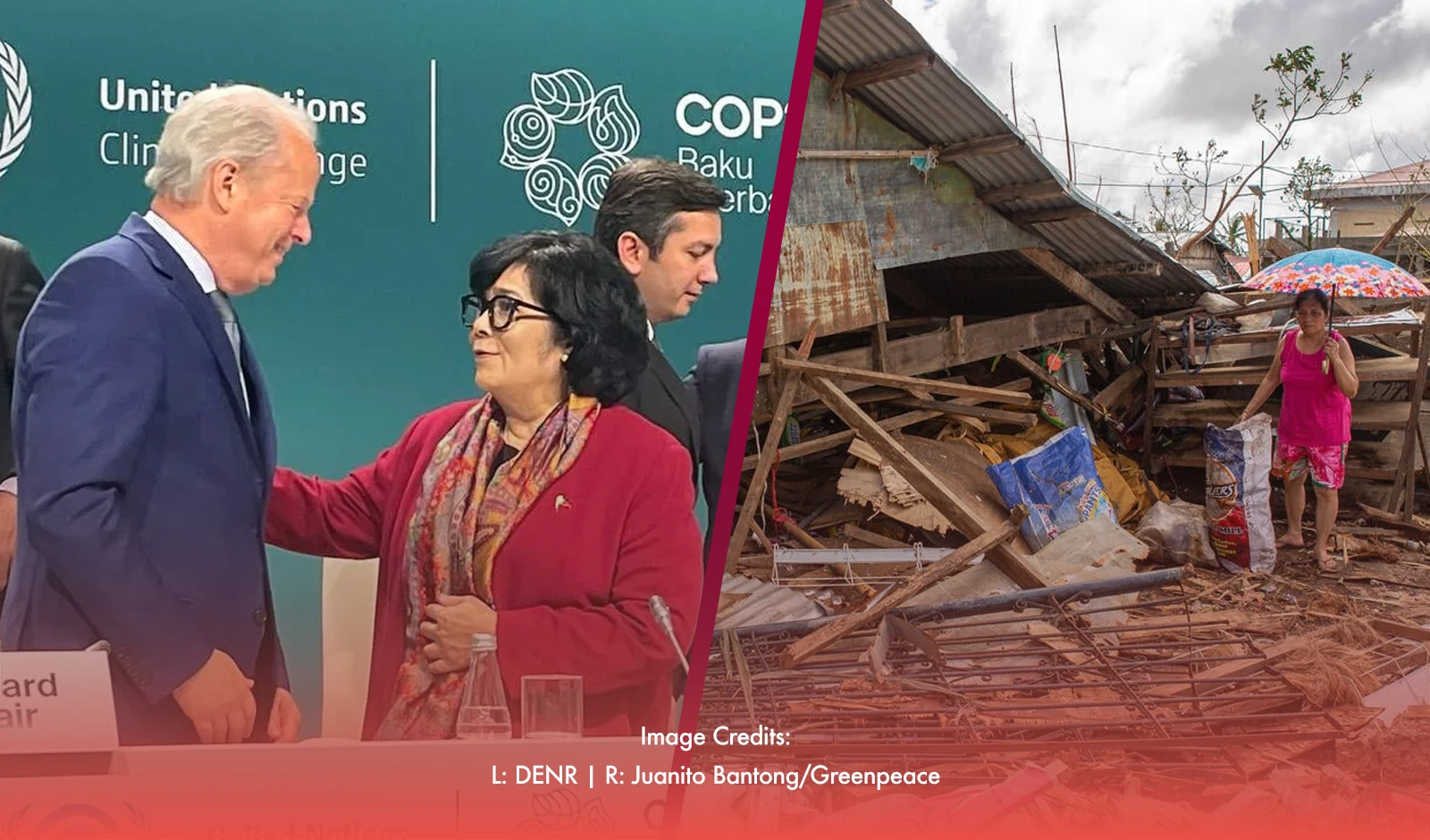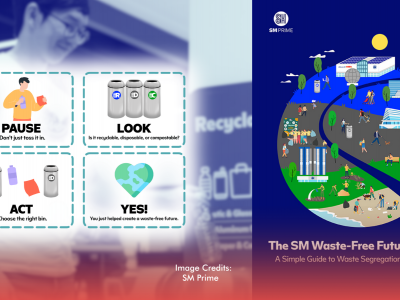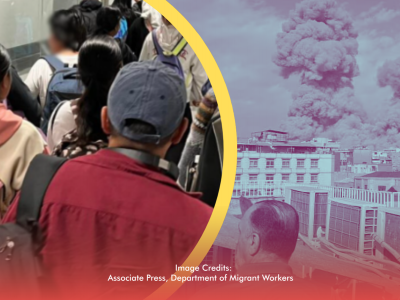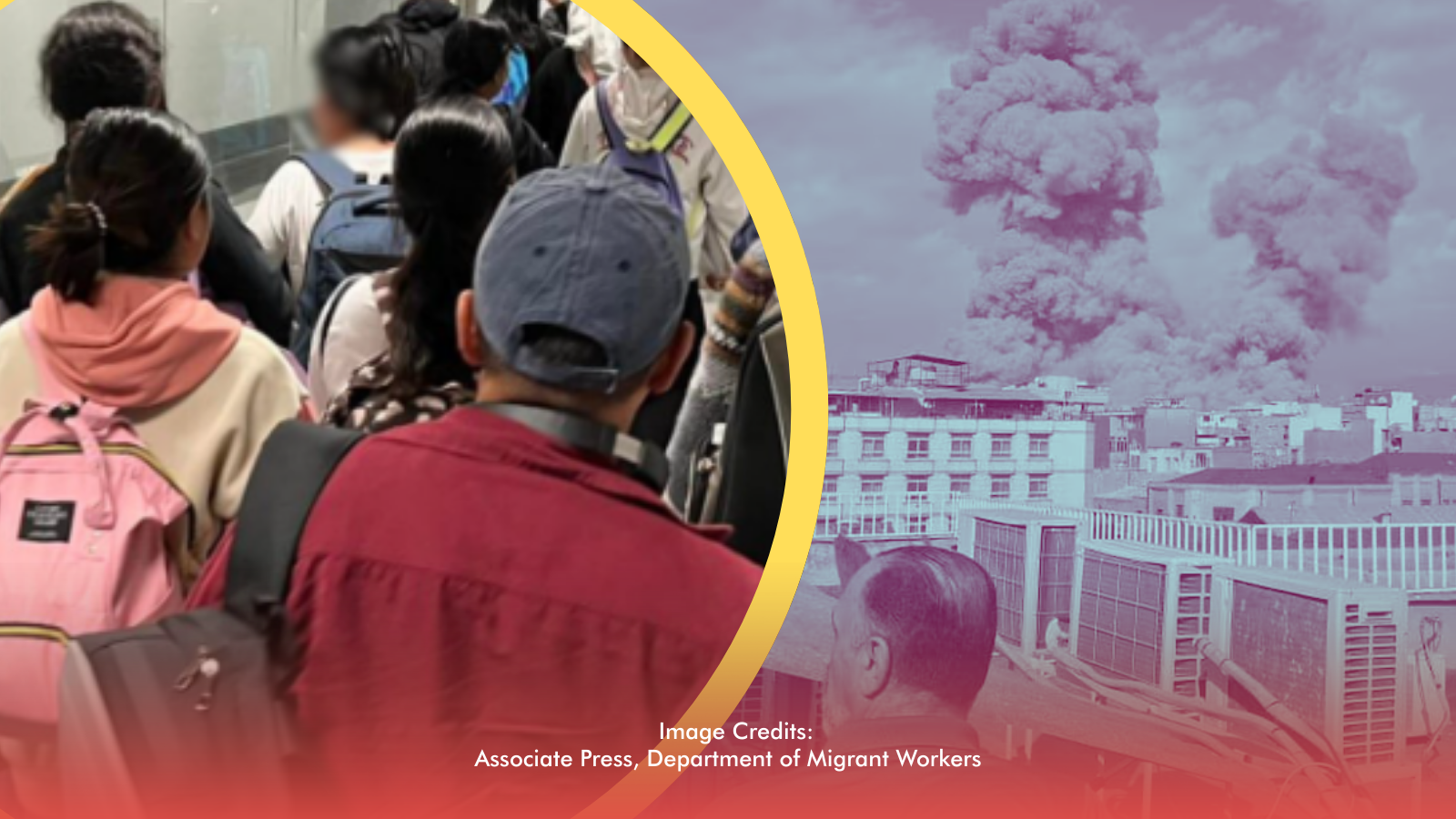The Philippines will host the fourth meeting of the Board of the Loss and Damage Fund of the UN Climate Change Convention in Manila from December 2-5. As host country of the LDF Board and as one of the most vulnerable to the effects of climate change, the Philippines has the opportunity to take the lead in the world’s current efforts at providing financial support to countries hardest hit by this global scourge.
COP29 Aftermath
The meeting is quite auspicious as it comes after the UN conference on climate change (COP29) conference this month in Baku, Azerbaijan agreed to triple climate finance to developing countries from US$ 100 billion annually to US$ 300 billion by 2035.
"This new finance goal is an insurance policy for humanity, amid worsening climate impacts hitting every country,” Simon Stiell, Executive Secretary of UN Climate Change said in closing the conference.
“But like any insurance policy – it only works – if premiums are paid in full, and on time. Promises must be kept, to protect billions of lives.”
"It will keep the clean energy boom growing, helping all countries to share in its huge benefits: more jobs, stronger growth, cheaper and cleaner energy for all.”
Philippines as a vulnerable nation
It also comes at a time when a series of six deadly storms, two of them super typhoons, struck the country in October and November, killing over a hundred people and devastating communities, agriculture, and infrastructure.
According to the National Disaster Risk Reduction Management Council (NDRMMC), storms ‘Nika’, ‘Ofel’, and ‘Pepito’ alone affected more than 1.1 million families, or about 4.2 million individuals, 167,288 of whom were displaced.
Casualties were lower, with 13 dead compared to ‘Kristine’, which killed almost a hundred, because of enhanced preemptive evacuation and early warning efforts at the barangay level. About 123,747 houses were damaged, while the toll on public and private infrastructure (roads, bridges, schools, flood control, and health facilities) amounted to a staggering P 2.8 trillion. Agriculture losses were estimated at P784 million. A total of 35 cities and municipalities were placed under a state of calamity.
The state weather has said that the storms that develop in the Pacific Ocean and strike the country every year will be more intense due to climate change. The Philippines is visited by an average of 20 storms, according to PAG-ASA.
Host Country Impressions
In her speech at the signing of the Host Country agreement of the LDF Board last Nov. 12 in Baku, Environment Secretary Toni Yulo Loyzaga said:
“For the Philippines, living with risk, loss, and damage has been part of our history as an archipelago. We therefore have a deep and personal stake in ensuring that the Fund for Responding to Loss and Damage succeeds.”
“While we know there may never be enough, the Fund will be critical in addressing the worst impacts of climate change and crucial in our communities as they rebuild, recover, and move toward a resilient future.”
The Philippines, with Yulo-Loyzaga as the President’s representative, first launched the campaign to host the LDF Board at COP28 in Dubai, United Arab Emirates. After successfully gaining a seat on the Board, the country was chosen as Host Country for the Board in its 2nd meeting in July 2024 in Songdo, South Korea.
President Ferdinand R. Marcos, Jr. signed into law Republic Act No. 12019 known as the Loss and Damage Fund Board Act on August 28, 2024, granting legal personality and capacity to the FrLD Board. The HCA establishes the relationship between the FrLD Board and the Philippine Government, including the provision of privileges and immunities to the Board.








